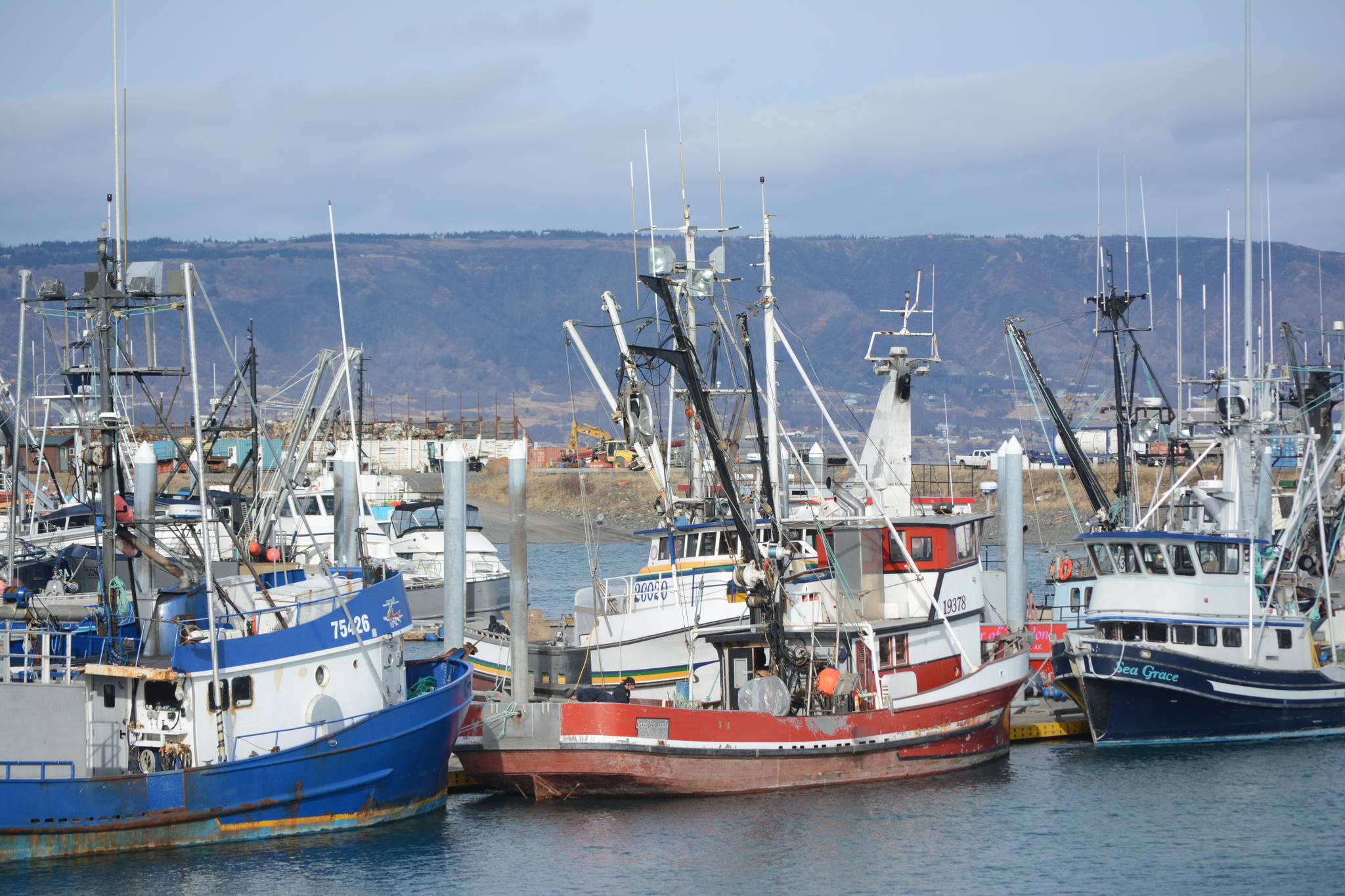A trade decision by the Trump administration has inadvertently protected a price advantage enjoyed by Russian-caught fish sold in the United States, much of which ends up in fish sticks served to American school children, according to a report by CNN.
For years, Alaskan fishermen have been frustrated by foreign competition from Russia, particularly in the lucrative pollock market.
Russian pollock costs less than its U.S.-caught equivalent. That has helped it gain market share for frozen pollock, to the point that by 2017, about half the fish sticks served in U.S. school cafeterias were made from fish caught in Russia and pumped with additives in China, according to the Genuine Alaska Pollock Producers, a trade group that represents 14 different seafood companies.
Domestic fish producers thought President Donald Trump would fix all that. Trump’s move to slap a 10-percent tariff last year on thousands of imports from China was supposed to erase the price advantage enjoyed by Russian fish. But instead of fixing the problem, the Trump administration has made things worse for Alaskan fishermen.
Enter the office of the U.S. Trade Representative (USTR), which ended up excluding Russian pollock from the tariffs, preserving its price advantage over domestic-caught fish. On top of that, China’s retaliatory tariffs against the U.S. means that Alaska’s pollock producers are now subject to an additional 25-percent tariff, limiting their access to the growing Chinese market.
That was largely due to confusing language that made it hard for regulators to differentiate between Russian and American pollock.
Sales of American pollock in China nearly doubled between 2016 and 2017, said Pat Shanahan, the program director of the Genuine Alaska Pollock Producers. The industry was expecting even faster expansion in China in the coming years. But the trade war has dashed those hopes.
“The Chinese retaliatory tariffs have essentially closed the Chinese market for Alaska pollock,” Shanahan said.
The fix is in the hands of the Commerce Department, but it has been slow going. Some in the fishing industry have taken a dim view of the administration’s approach to trade policy.
“You had people trying to do the right thing, but in the mix of all this going on with tariffs, due diligence was not being done,” said one fish industry lobbyist who works closely with the Commerce Department but who was not named in the CNN story. “It was just rolled out in a very haphazard way.”
Cristy Fry can be reached at realist468@gmail.com.



